This story contains torture descriptions that can be disturbing.
I was determined to count every day that passed as a Russian prisoner. In total, this 23 -year -old Ukrainian soldier ended up spending 992 captive days.
He was an architecture student when he joined the Ukrainian army as a volunteer, in November 2021.
Due to his studies, he was nicknamed “the architect” in the army.
Three months later, Russia launched its large -scale invasion in Ukraine.
After a siege that lasted about three months, the Russian forces captured Mariupol’s sweaty city in 2022.
There the architect became a prisoner of war.
They changed prison several times before they sent it to IK-10, a criminal colony in the Russian region of Mordovia, located about 500 kilometers southeast of Moscow. There would be almost 11 months, from February to December 2024.
“Everything was hard, but the worst was Mordovia,” says the architect.
It is a similar story that we had already heard of other prisoners who described the jail as “a hell” and “a place where they kill you slowly.”
Remember days when their prison companions could barely walk. Sometimes they ended up crawling after receiving powers from the guards.
The BBC spoke with six exprisioneros of the IK-10, who were released in a series of prisoner exchanges, as well as with the sister of a soldier who died there.
All described systematic beatings, torture and other inhuman treatment.
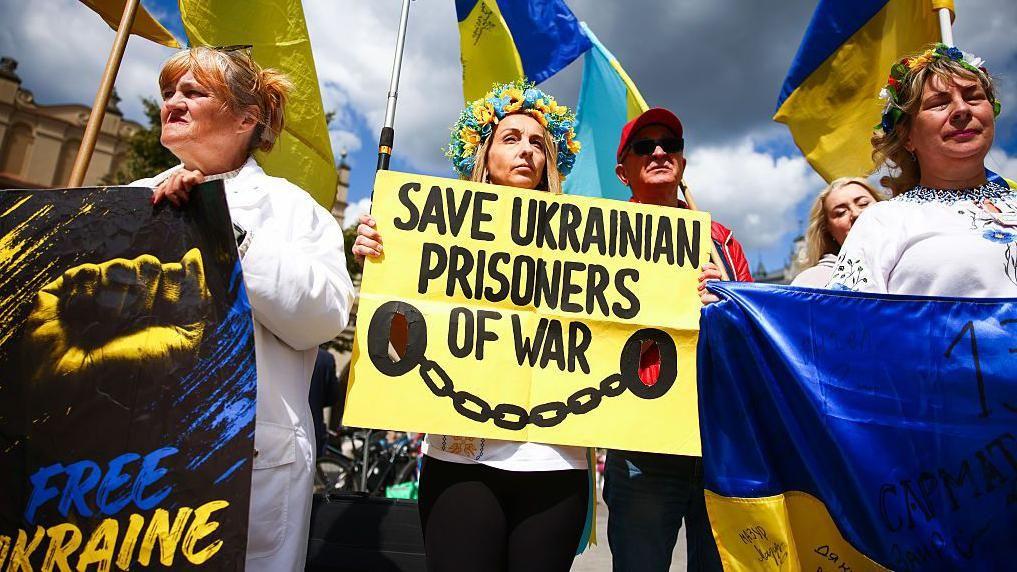
In fact, Generalized torture practices and ill -treatment in prisons throughout Russia have been documented by journalists and human rights activists.
The inmates are added physically and, sometimes, sexually to get confessions, extort them or as a disciplinary measure.
Ukrainian prisoners remember that they used to offend them with ethnic insults and assault them.
The Ukrainian authorities claim that at least 8,000 prisoners of war and civilians who have been arrested without being tried remain in Russian prisons and occupied territories.
Intimidation
The IK-10 is a “special regime” prison, the most severe category of Russia, which is normally reserved for men who meet life imprisonment.
For years he is known for the brutal treatment given to inmates there and the bad conditions in which they live.
It is known that there are inmates with tuberculosis, common in Russian prisons, which share cells with other inmates. This was documented by a lawyer in 2014.
According to information collected by the BBC, a large number of Ukrainian and civilian civil prisoners were sent there during the winter of 2023.
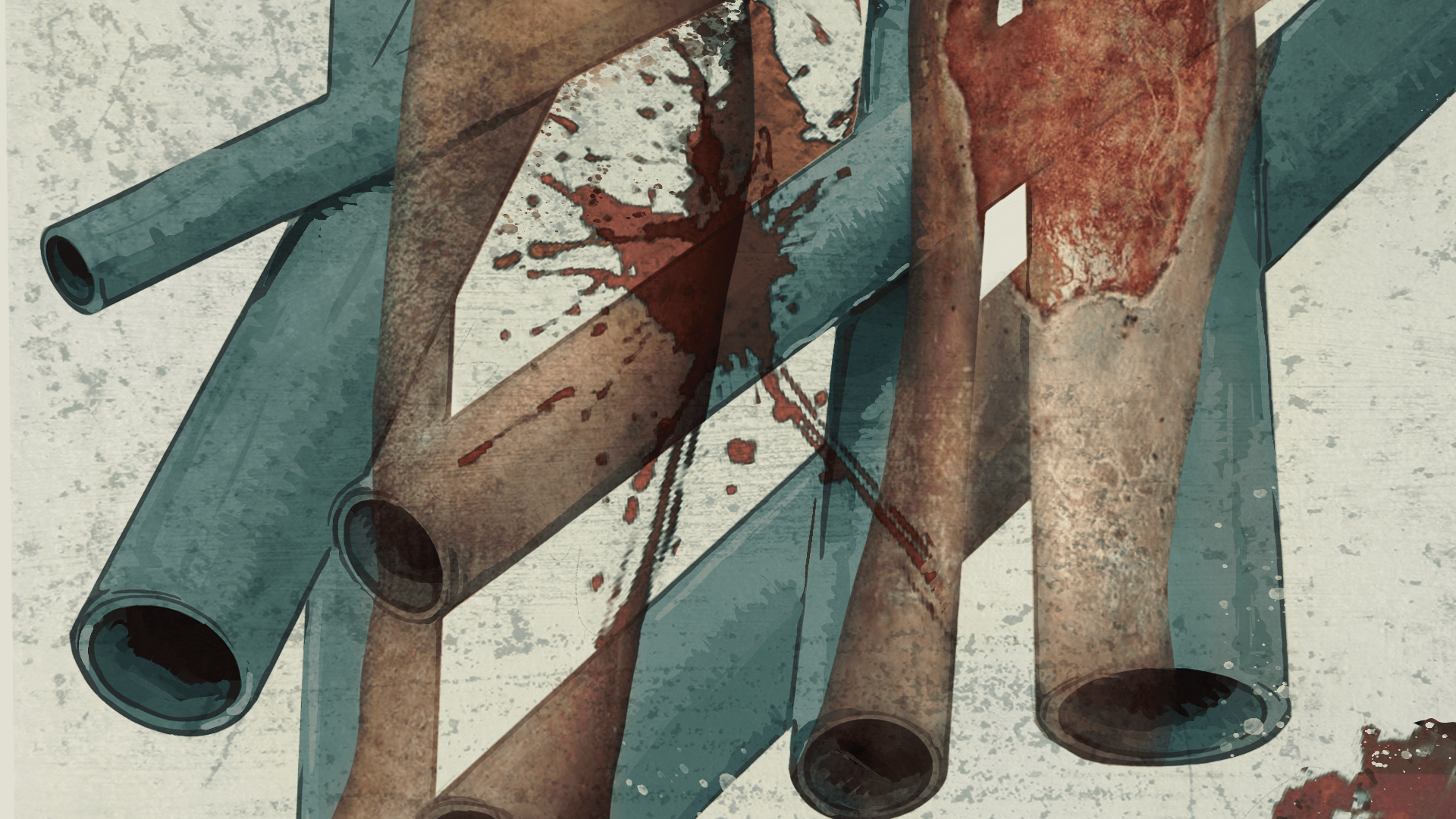
At the same time, many of the Russian inmates who were previously transferred to other places. The prisoners who stayed, separated them from the Ukrainians.
The exact number of Ukrainians held in IK-10 is unknownbut an excess claims to have heard the guards in January 2025 estimate the figure in more than 600.
The architect affirms that the guards forced him and others to remain motionless in his cells for 16 hours a day and repeatedly sing the Russian national anthem.
If they crouched or moved, the guards detected the movement thanks to the surveillance cameras and tracked them from their cells.
“In the hall, they questioned us while they hit us, asking us: ‘Who crouched down? Who spoke? Who moved?’
Experts claim that standing for prolonged periods can cause venous ulcers, very painful wounds that can take a long time to heal.
Many prisoners swell their legs and developed abscesses.
“It is a malicious form of torture, used in Japan [durante la Segunda Guerra Mundial]Nazi Germany and in the Soviet Gulag. It harms both the physical and mental health of the person, ”explains Stanislav Lobach, traumatologist and voluntary surgeon of the Ukraine Military Medical Service.
In some cases, complications can end in amputations.
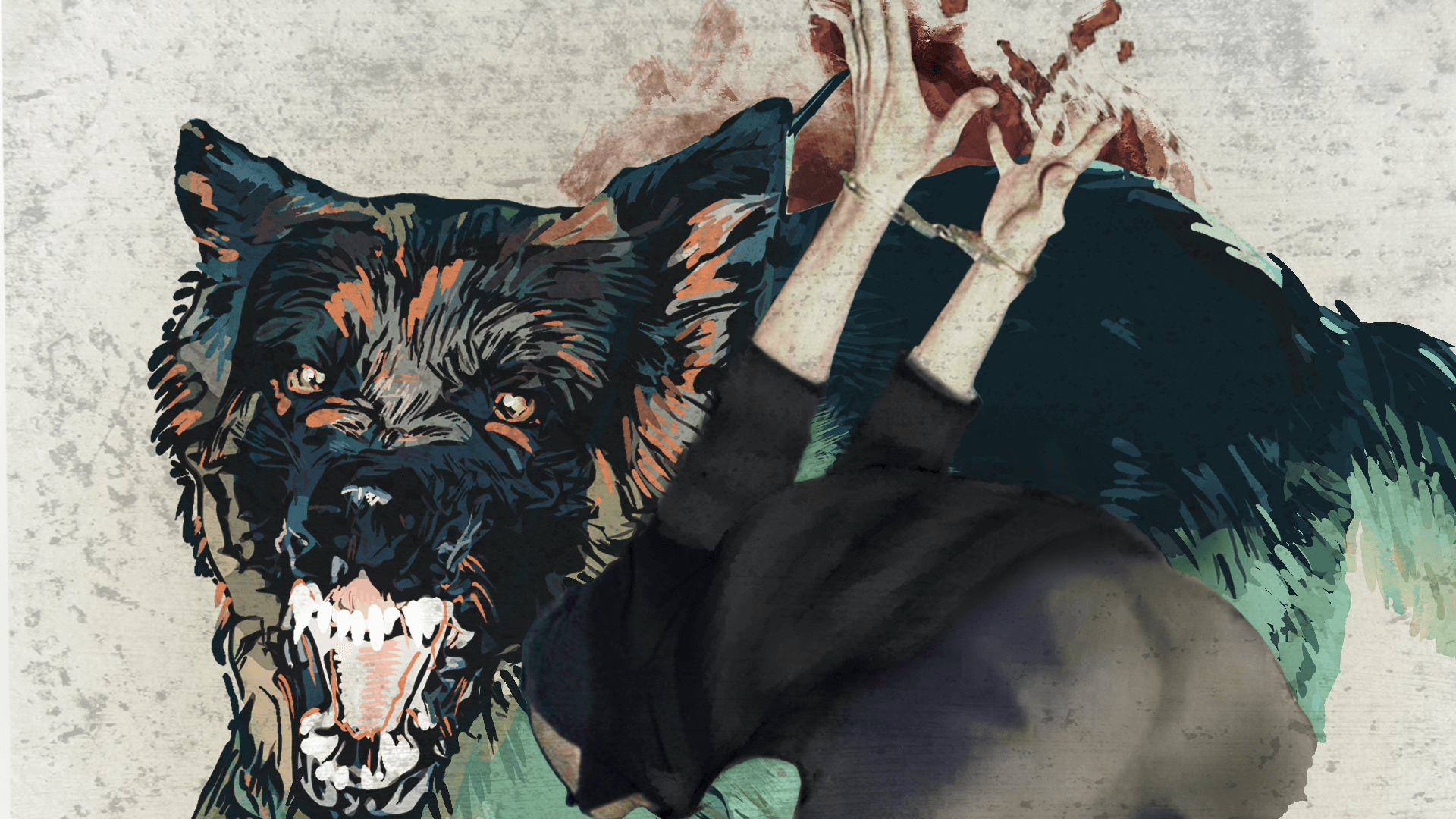
Humiliation
Chronic malnutrition was also common.
Six months after his release, the architect continues to fight to recover the more than 20 kg of weight he lost during his captivity.
All the ex -proven BBC spoke affirmed that the guards used electric guns routinely against them.
Two said they were tortured with electrical discharges in the genitals.
Others described how the guards put dogs on them, leaving scars due to bites.
“During the morning inspection, we had to open their legs as much as possible. If someone had their legs together, they hit him to open them more. They called him the ‘Posture of the swallow’. And at that time, they simply released us a dog,” says Denis Cheremisov, from the Ukrainian region of Kirovrado, released in an exchange of prisoners in May 2025.
According to the ex -prosecutions with which the BBC spoke, prison officials used balaclavas and gloves, and never used their names, which made it difficult to identify them.
However, they managed to establish the identity of an alleged torturer.
The “Malvated Doctor”
According to the exprisioneros, medical care was almost non -existent and only minimal help was provided in severe cases.
A prison doctor was feared because, according to the testimonies, he used an electric gun against those who asked for help.
“He opened the meal slot at the door of the cell and asked you: ‘What’s wrong with you?’
The doctor was known as the “Malvado Doctor” among the prisoners.
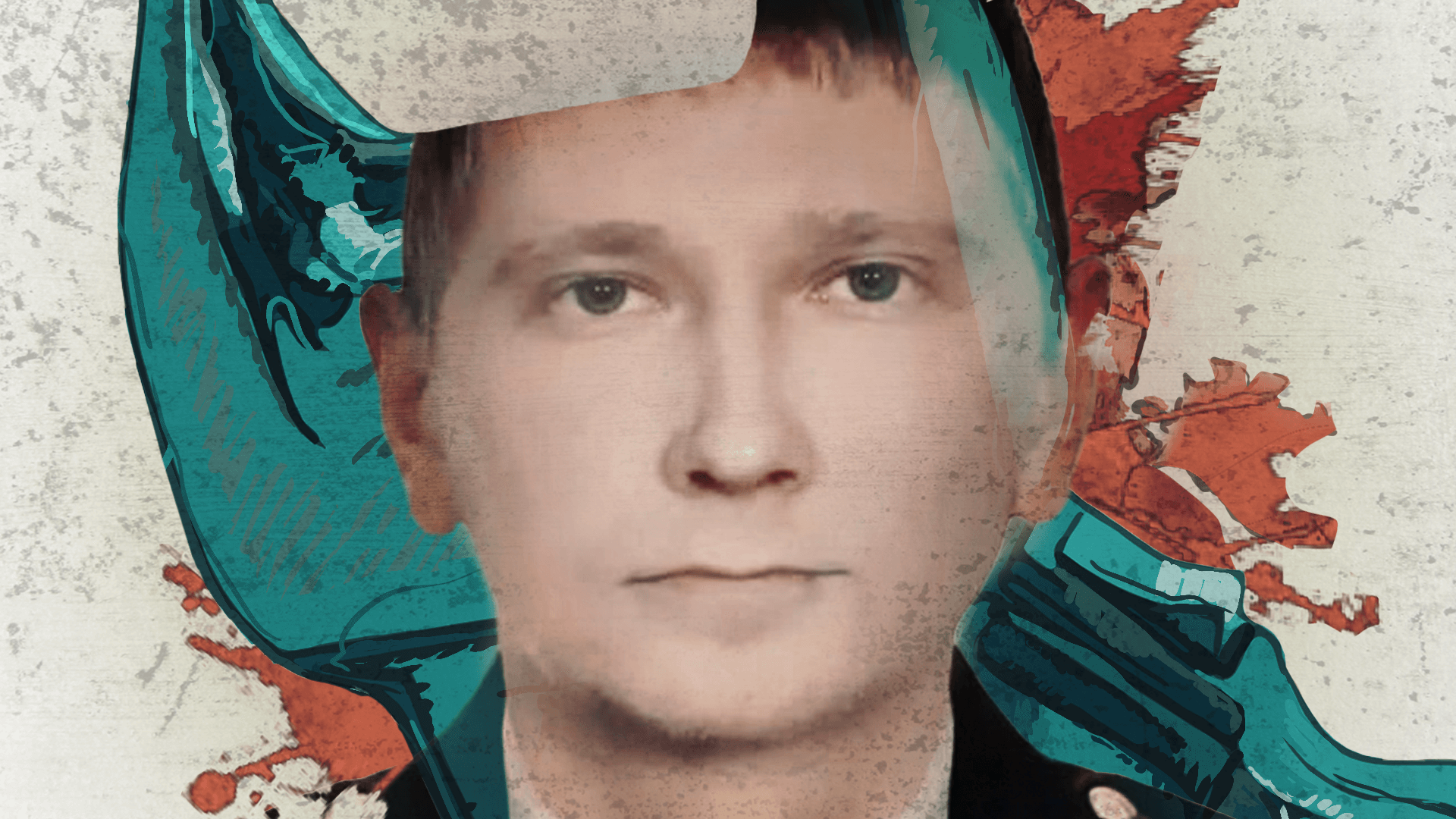
Schemes journalists, a Radio Free Europe/Radio Liberty research project funded by the United States Congress, later identified it as Illia Sorokin, 35.
Sorokin denied working for prison and erased his profile on social networks after the investigation was published.
In one of his previous publications, Sorokin had uploaded a photo of a prize certificate that accredited his work in prison. A human resources manager confirmed to Schemes journalists this information.
The BBC has not been able to contact Sorokin, but a source that spent six years in IK-10 states that he was fired by the prison administration in 2023 and then joined the “special military operation”, the term that Russia uses to refer to its war against Ukraine.
There is where to complain
Some inmates did not survive the Mordovia prison.
In fact, until May 2025, at least 206 Ukrainian soldiers died in Russian captivity during the first three years of the war, according to an investigation by Associated Press based on figures from the Attorney General’s Office of Ukraine, defenders of human rights and testimonies of exprisioneros.
Despite decades of torture complaints in Russian prisons, those responsible rarely pay accounts.
The Ukrainian express with which the BBC spoke ensure that even submitting complaints was impossible.
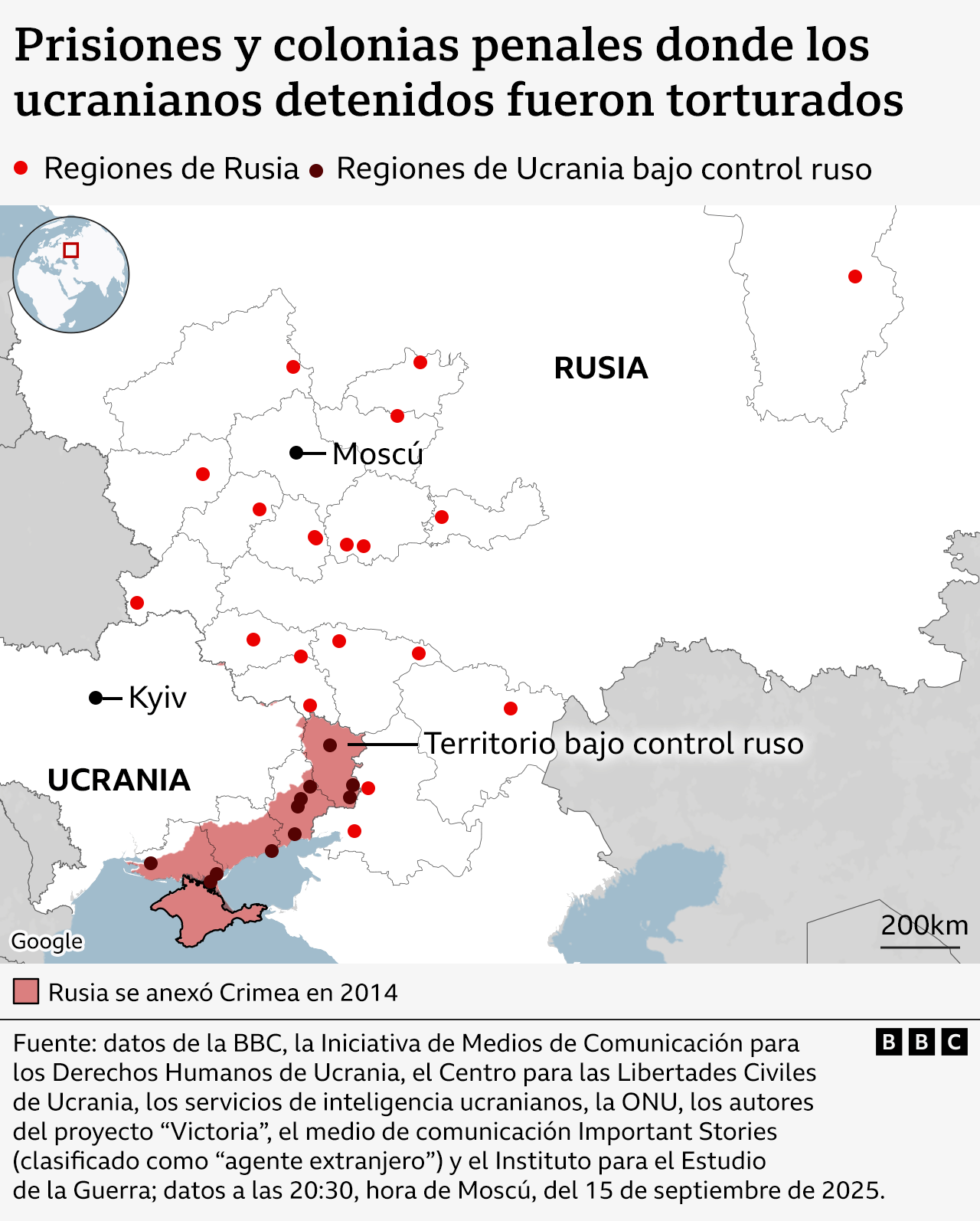
The architect says that once he received in his cell the visit of a representative of the Russian Human Rights Commissioner, a position designated by the State to examine cases throughout Russia.
“The walls were covered with black mold, the blood stained bedding oxide,” says the architect, who remembers how he stopped in front of the official with a large bruise under the eye, which, according to him, made a guard who stepped on his head with a boot while hitting him the kidneys.
He also had lacerated legs by blows that gave him a plastic tube.
Remember that his cellmates were also distressed with the visit.
They looked thin, exhausted and had marks of blows, but they looked at the ground during the official’s visit, who stayed for a moment and then left, remember.
European observers stopped visiting Russian prisons when Moscow retired from the Council of Europe, one of the largest human rights organizations on the continent, Shortly after large -scale invasion of Ukraine.
However, the United Nations Independent International Commission has denounced an “extremely cruel treatment” to Ukrainian captives in Russian prisons, including IK-10, and has documented crimes against humanity against Ukrainian prisoners of war in which are arrested there.
In addition to jail in Mordovia, more than 30 centers in Russia house Ukrainian prisoners.
The Federal Penitentiary Service of Russia, which supervises IK-10, did not respond to our request for comments on this article, and we did not obtain any other Russian official response to these complaints.
After surviving Mordovia, the architect plans to enter a military academy to become an official.
But, before, your body needs to heal. His mind, he says, will never forget what he suffered.

Click here To read more BBC News World Stories.
Subscribe here To our new newsletter to receive every Friday a selection of our best content of the week.
You can also follow us in YouTube, Instagram, Tiktok, X, Facebook and in our WhatsApp channel.
And remember that you can receive notifications in our app. Download the latest version and act.
